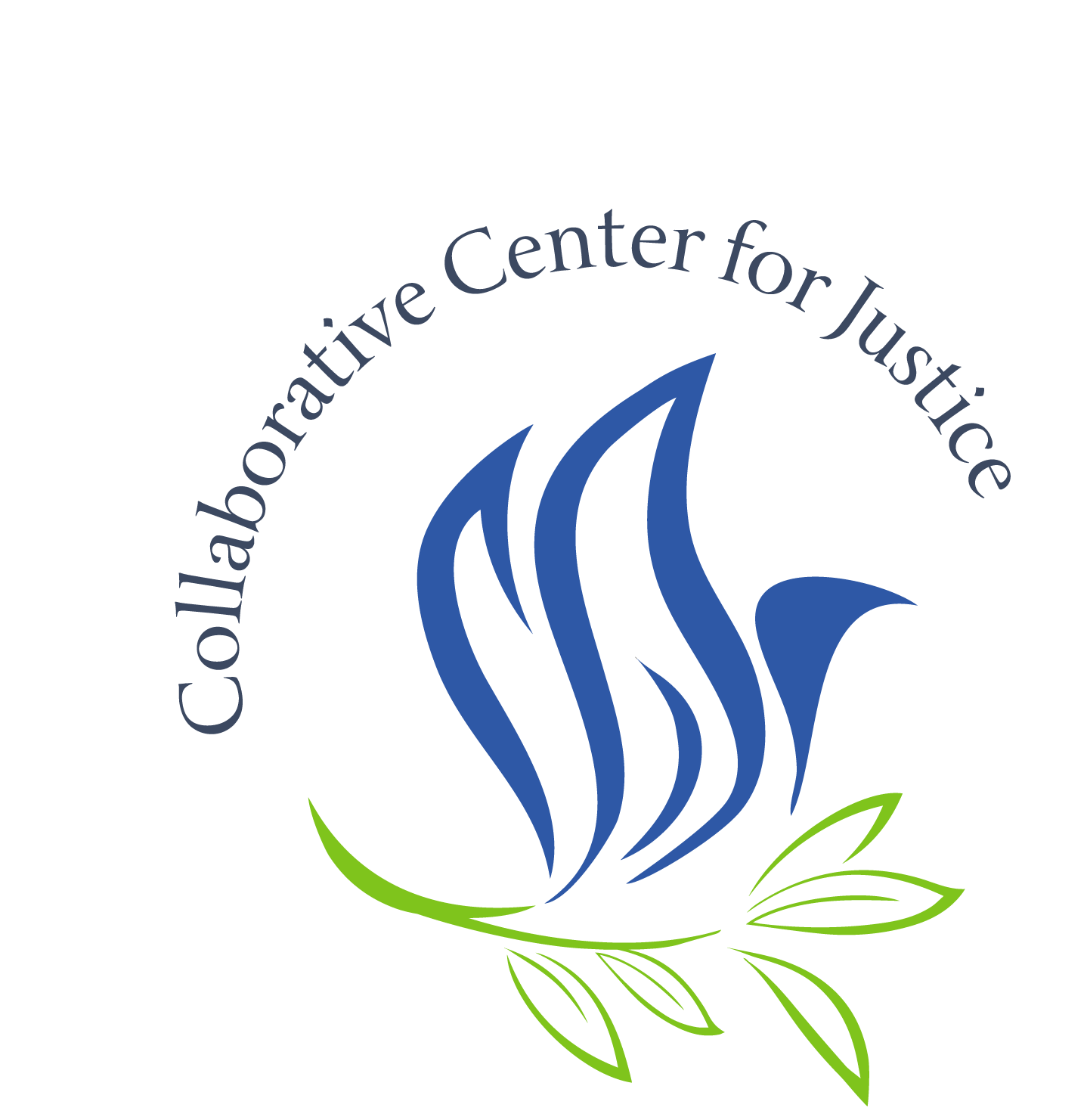
The Issue:
The World Bank and the International Monetary Fund are financial institutions in the United Nations system. Global development is one of their shared stated purposes. While they are nongovernmental organizations, the United States is the largest shareholder and contributor to both institutions. That means our government plays a large role in setting their agendas. Indeed, the United States is the only country that maintains veto power over decisions that impact the structure of the Bank. As the largest voting bloc in the IMF, the United States has veto power in that institution, as well.
In order to meet their ever-growing debt payment obligations, poor countries are forced to cut public spending on the very programs that would alleviate poverty. A January 2020 study by the Jubilee Debt Campaign found that the 30 developing countries with the lowest debt increased their public spending by 14% between 2014 – 2018, while countries with the highest debt cut spending by 13% during the same period. These funds would be better spent on investing in a viable public health system, especially during a global pandemic. Debt cancelation could be the most impactful development intervention.
Sanctions are an act of force. They are a form of siege warfare updated to the age of digital banking. In the case of Iran under President Trump’s unprecedented “maximum pressure campaign,” Iranian imports of medical supplies were down 60% from 2018 to 2019. Iran now leads the region in COVID-19 cases.
Even so-called “targeted sanctions” – sanctions on individuals rather than whole economies – harm the entire populations because investors know that they usually precede widescale economic sanctions. The lack of investment hamstrings vital industry, thereby constituting collective punishment. In the case of Venezuela, recent US economic sanctions have reduced overall calorie intake among the general population, increased mortality, and produced an economic depression. The poor suffer disproportionately in these manufactured crises. As such, in practice, sanctions do not pass Catholic standards for the international use of force as they are levied against whole populations.
United States citizens have a moral responsibility to pressure their elected officials to use our outsized power to promote justice for the world’s poor. We must urge them to work toward the outright cancelation of international debt and sanctions, rather than easing them or freezing them until the end of the public health crisis. A pause may sound helpful for this crisis, but it puts poor countries in the same precarious situation for the next crisis. Human rights must be protected for all people. Governments must be put in a position to meet the basic human needs of their citizens.
Who to Contact:
Calls and emails are needed to your US Representative and Senators to urge them to provide debt and sanctions relief to impacted countries.
Senator Murphy (860) 549-8463; www.murphy.senate.gov/contact
Senator Blumenthal Hartford (860) 258-6940 Bridgeport (203) 330-0598; www.blumenthal.senate.gov/contact
Representative John Larson: 860.278.8888; https://larson.house.gov/contact/email
Representative Joe Courtney: 860.886.0139; https://courtney.house.gov/contact
Representative Rosa DeLauro: 203.562.3718; https://delauro.house.gov/contact
Representative Jim Himes: 866.453.0028; https://himes.house.gov/contact/email
Representative Jahana Hayes: 860.223.8412; https://hayes.house.gov/zip-code-lookup?form=/contact/email-me
Additional Resources:
End US sanctions against Iran so that we can fight coronavirus with all our might, The Guardian, March 21, 2020.
Ease sanctions against countries fighting COVID-19: UN human rights chief, United Nations News, March 24, 2020.
Coronavirus: It’s in America’s interests to ease sanctions on Iran, Middle East Eye, March 30, 2020
Academics and NGO Leaders: End Iran Sanctions, The Institute for Peace and Diplomacy, March 27, 2020.
The Sanitization of Sanctions, Citations Needed Podcast
Ballooning debt forces poor countries to cut public spending, The Guardian, January 10, 2020
Eric LeCompte Interviewed by Miami Herald on Latin America, Caribbean Debt, Jubilee USA, April 28, 2020



